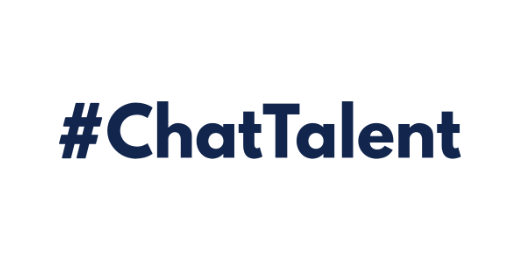As we enter into the Covid-19 recession/depression, organisations are starting to analyse their workforces. Asking themselves if they are set up correctly for this new future and I’m here to make the case for the development and hiring of entry talent.
The next generation is arguably the most educated in human history. The most environmentally aware and the most digitally switched on. This article isn’t a hit out at the ‘boomer generation’, but a call out to all organisations to double-down on their entry talent approach rather than cutting them out.
There are so many benefits to having a well-established entry talent approach. But, for me, it always comes back to sustainability. If you invest in your future talent, it will pay out multiple times over, for years to come.
It’s going to become essential that companies can sustainably ‘grow’ their own talent. Once we come out of the recession many employers will be fighting for the same candidate digital skill sets.
Entry talent is also not limited to accepting graduates from Russell Group Universities. It can be anything from 16-year-old apprentices in their first job. To Career Changers schemes focussed on taking professionals from one industry skillset to another. Or returnships, helping parents reacclimatise back into an organisation.
There are a number of benefits for creating your own entry talent schemes.
-
Digitalisation skills
Candidates leaving university now were born in 1999! The generation entering the workforce has lived and breathed Digital their whole lives. They were 9 years old when the Apple App Store was launched. They’ve seen and lived all the fads and trends on Social Media and Apps. They are often the biggest adopters of apps and self serve routes from a consumer perspective (93% of UK millennials own a smartphone). And they will likely be your biggest advocates & innovators. They will help you continually evolve your business in line with the digital evolution.
-
Energy & engagement
Having introduced graduates and apprentices into established teams multiple times, I have seen both statistical jumps in employee engagement and ad-hoc stories of how they have transformed the culture within teams.
Why? If you’re hiring the right behaviours and competencies for the culture you want to build, they will be at the forefront, living this. Graduates & apprentices come in with the energy and enthusiasm that can lighten up any team. They ask questions like “why do it this way?” that help innovate a teams processes and increase engagement. Teams also see the investment in their areas as a vote of confidence. That their skill sets are important for the next generation to learn from.
-
Ambition
A poisoned chalice sometimes, but the graduate & apprentices ambition cannot be underestimated. Just think of Paula Nickolds, who went from a graduate at John Lewis to CEO. Entry Talent will want to emulate that success and will work towards that. I agree, not everyone can become CEO. But harnessing that ambition can be a real driver in shaping the culture within your business.
-
Mouldable
Every business is different and has different business needs. Some need super data talent whereas some want creative brand design. The great benefit of bringing entry talent into the business is that you can mould and train them to your future organisations’ needs. When they join the business, you can encourage them and train them to sponge up as much information and development as possible.
-
Organisational Design
Hiring new talent gives you a great opportunity to reassess your organisational design. It’s a great opportunity to reorganise, automate and reinvest. Who’s doing what and is that the most efficient set up?
The new talent you bring in will want to be given as much ‘real’ work and responsibility as possible. They will take what they learn in one team to another. Often helping bring teams together and act as that bridge.
All of these benefits obviously come at a cost. But it’s not always expensive and is certainly worth the investment. Medium/Large companies can utilise the apprenticeship levy. Whilst small companies can consider investing in entry talent instead of agency fees for your next hire.
There are plenty of articles and Harvard Business Reviews’s out there that prove the return on investment for entry talent schemes that you can utilise to build the case for your company.
Personally, I think the biggest reason for investment in our future workforce comes down to it being the right thing to do. For society and for your business. But, what do you think?






